Unraveling Dark Energy: A Cosmic Puzzle Unveiled. Dive into the quest to decipher the universe's hidden force. Read on!
For centuries, humans have gazed at the night sky, wondering about the vastness beyond
our world. We've unravelled many cosmic mysteries, discovered planets, stars, and galaxies. However, the universe still holds secrets, the biggest of which is dark energy.
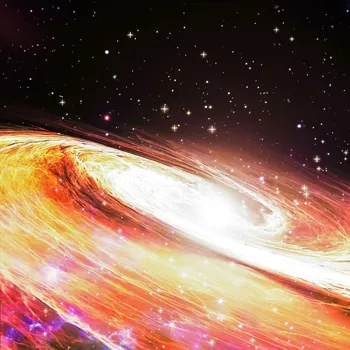
You might not have heard of it, but it's the dominant force shaping the cosmos. Scientists in India and across the globe are working tirelessly to understand this cosmic puzzle. It's a task that could change our understanding of everything.
Dark energy drives universe expansion, mysterious and crucial for its future
Dark energy is like an invisible hand pushing the universe apart, causing it to expand at an accelerating rate. It makes up about 68% of the total energy content of the universe. We can't see it, we can't touch it, and we don't even know what it is made of.
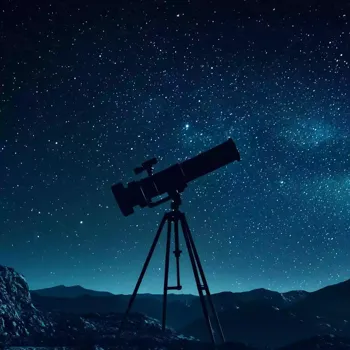
Understanding dark energy is crucial for predicting the future of the universe – will it keep expanding forever, or will it eventually stop and collapse in on itself? The ongoing research is using powerful telescopes and advanced mathematical models.
Scientists study dark energy's impact on universe using new techniques
Scientists at the Indian Space Research Organisation (ISRO) and other research institutions are contributing to the global effort. They are developing new observational techniques and theoretical frameworks. These are aimed at shedding light on the properties of dark energy.

One approach involves studying the distribution of galaxies and how this changes over cosmic time. This will hopefully reveal how dark energy is influencing the large-scale structure of the universe. Researchers are also looking at the cosmic microwave background (CMB).
It's the afterglow of the Big Bang and provides crucial clues about the early universe and its composition. Analyzing this faint radiation can tell us a lot about dark energy's role in the universe's evolution.
Scientists explore fundamental constants for dark energy clues
Another promising avenue is to search for subtle variations in the fundamental constants of nature, like the gravitational constant. Some theories propose that dark energy might be linked to these constants. If these constants are changing very slowly, it could be a sign of dark energy's influence.
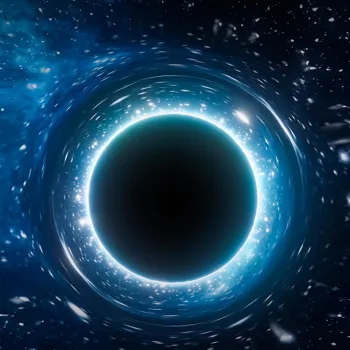
Scientists are building sophisticated experiments in labs and space to test these ideas. It is a truly international effort, as scientists from different countries are collaborating and sharing their data and expertise.
Understanding dark energy: a scientific quest with vast potential
The struggle to understand dark energy is one of the great scientific challenges of our time. It is a difficult task that pushes the limits of our current scientific knowledge. Yet, the potential rewards are immense.
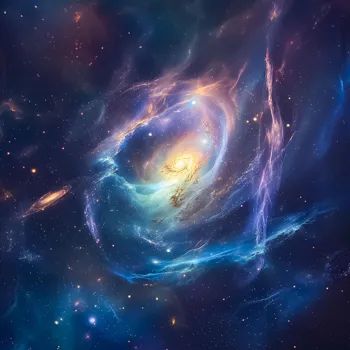
If we crack the code of dark energy, we'll not only understand the past, present, and future of the universe better. We might also unlock new laws of physics and open up new possibilities. This could lead to unexpected technologies and innovations.
The journey to understand dark energy is a testament to human curiosity and its relentless pursuit of knowledge.
Advancements in dark energy research lead to new telescopes, data analysis, and theoretical models
The work on dark energy has spurred major advancements in observational astronomy, theoretical physics, and data analysis techniques. The future could see even more powerful telescopes being deployed in space and on the ground, which would enable scientists to see deeper into the universe.
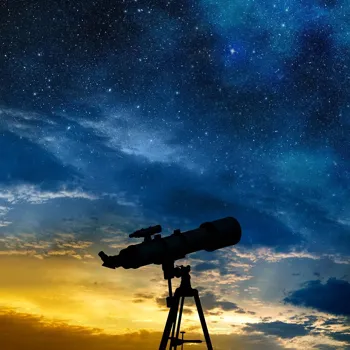
It helps in collecting more precise measurements. New theoretical models are set to be developed. This would also help to explain the nature of dark energy and its effects on the universe. The quest to understand dark energy is far from over. It's a marathon, not a sprint.
But each new discovery brings us closer to unfolding the universe's most profound secrets.
AI Generated Content. Glance/InMobi shall have no liability for the content











